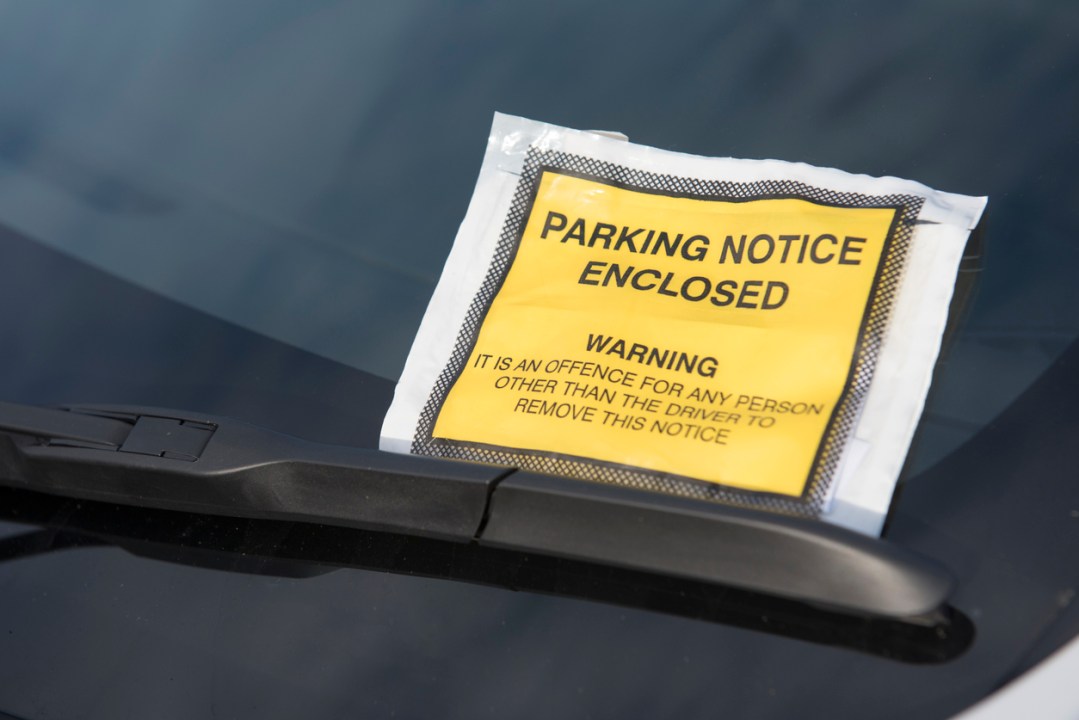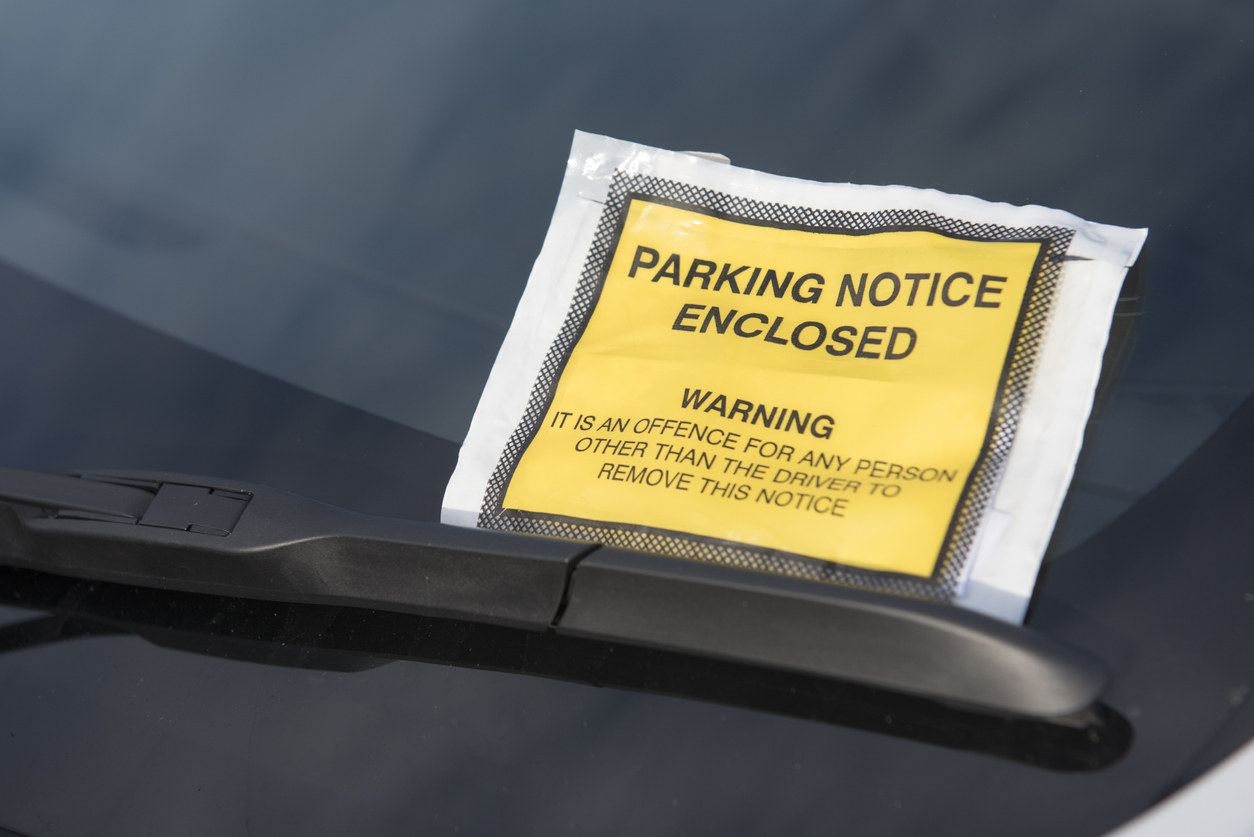My year of motoring tourism didn’t begin auspiciously. Early on the morning of New Year’s Eve, in downtown Dieppe, I looked out of the window of our rented apartment with its magnificent view of the Église Saint-Jacques, painted by the likes of Pissarro and Sickert, and noticed that our car had disappeared.
What followed over the next three hours was a journey of discovery – of the government offices and gendarmeries of the historic maritime town (on foot, in the rain), by which process I was eventually informed that my car was now residing in a secure pound on an industrial estate some five kilometres out of town.
I tried to get a taxi there. Eventually I found a rank by the harbour with three cabs, but they were driverless. I rang the number on one of them. A bored-sounding man answered and explained that the drivers would be in one of the surrounding cafes having a glass of wine. It was 10 a.m.
Finally a well-refreshed cabbie emerged and drove me to the pound for €15, and a man with a credit card machine relieved me of a further €125. It transpired that I had parked in a spot which for six days a week was free and legal. But on the seventh day, it was not. A small market meant parking was suspended on Saturday mornings – never mind that said market consisted of just three modest stalls, none anywhere near the place I’d parked.
My most recent win was for driving into a North London Low Traffic Neighbourhood by mistake. When I revisited the scene I saw that roadworks obscured the warning sign – and a picture of this secured my acquittal
I was seething over my lost morning and lost €140, but mentally, er, parked this fury so that I could enjoy the remainder of our long weekend in Normandy. (This saw us following in the footsteps of Glynn Boyd Harte’s 1980s travel books, looking for traces of David Hockney’s recent work, sneaking into Bois des Moutiers, a mansion built by Sir Edwin Lutyens with gardens by Gertrude Jekyll – and drinking in the Cafe Tribunaux to Oscar Wilde who was a regular in his miserable post-jail period. Motoring issues aside, it was lovely.)
My next gran turismo parking issue came not long afterwards. This time I’d turned left instead of right from Calais, and we were touring historic northern Belgium: Antwerp, Bruges, Ostende and Ghent, where I would come unstuck again.
We had come to see The Adoration of the Mystic Lamb, the renowned early renaissance altarpiece. I drove into a car park around the corner from the cathedral and tried to pay at the machine, but it wouldn’t accept my money. ‘No no, it’s a holiday, it’s free!’ a fellow parker told me. It was May Day. There was even an old-fashioned socialist march through the city centre to embellish the point. So I went off to do my tourism – and returned to see that ominous paper in plastic tucked under a windscreen wiper. I had been ticketed for €80. Again it marred an otherwise marvellous long weekend (the van Eyck altarpiece is a must see; Ghent is charming – like a less Legolandish Bruges).
The third of my trio of parking fines was issued in West Wales a few weeks later. We were visiting friends who live just inland from the Cardiganshire coast. After an invigorating Sunday afternoon clifftop walk on the National Trust-owned strip of land running north from Cwmtydu Cove, we drove around to the pretty seaside town of Llangrannog, where I paid £2 to park for an hour.
We strolled around the small town and its beach, went for a pint at the Pentre Arms and ambled back to the car with five minutes of my hour to spare – only to find my car had a flat. Closer examination revealed that as I had driven into the town I had stabbed the rear passenger-side tyre with a sharp rock when I had gallantly pulled tight to the walls of the narrow approach to allow another car to pass. After various huddles and fiddling about, I managed to get some filler foam and enough air into it to drive the few miles back to our friends’ place and leave the problem to sort out the next day, a Monday, when the garages would be open.
A parking ticket arrived by post the following weekend. I’d been filmed entering – and leaving late: some ten minutes of my total stay had not been paid for. This time the fine was £100 – or £50 if I agreed to cough up quickly and didn’t quibble.
But I did quibble. I always quibble. I always quibble because my method for avoiding parking tickets is to never knowingly risk getting one – so when I do get one it’s always because either the signage wasn’t clear, some misfortune contributed or something else happened. Something that gives me grounds to appeal. And I always quibble because I simply hate paying when the penalty is so disproportionate to the offence: it’s £2 to stay in a half-empty car park for an hour, but £100 if you overstay by ten minutes.
Before my parking annus horribilis began, I had been on a roll of eight successive successful motoring appeals over a decade (if you discount a minor speeding rap; there’s no getting away with those). My method for winning these cases is to retrace my steps and demonstrate that I had not been reasonably warned to have known my action was prohibited. My most recent win, shortly before this all began, had been for driving into a North London Low Traffic Neighbourhood by mistake. When I revisited the scene to see how I’d managed to do this I saw that roadworks obscured the warning sign – and a picture of this secured my acquittal.
The Dieppe towing was a classic example of how this should work. The first sign mentioning the market was 50m from where I’d parked, not in the direction I’d come from. In other words, I couldn’t have reasonably known of any restriction. I’d have seen this scenario as a banker for a successful appeal in the UK. Sadly, the French police, those bastions of compassion, had already had my €125 upfront and didn’t seem interested in engaging with me with a view to returning it, despite repeated attempts. My run of appeal success was over.
I always quibble because I simply hate paying when the penalty is so disproportionate to the offence: it’s £2 to stay in a half-empty car park for an hour, but £100 if you overstay by ten minutes
With Ghent I appealed to the ticket issuer that I plainly shouldn’t have been fined on a day when it was free to park. It turned out that although the wider car park was free, I had unwittingly parked in a space reserved for car sharers. The fact that there wouldn’t have been any car sharers on a public holiday (and if there had been there were many other free spaces for them) didn’t move them. They rejected my ‘I couldn’t have known’ appeal, suggesting I should have Google-translated the lengthy T&Cs on their website from Flemish to English prior to enjoying my transcendental experience of late-medieval religious art.
When I did do this retrospectively, though, their website still didn’t warn me that I couldn’t park where I did. So I sought to appeal to a higher authority, the ‘Ombudsdienst’, with whom I would go on to correspond at some length. This Ombudsdienst, or Fanny as I came to know her, was sympathetic but insisted she had no power to intervene – though she did eventually, probably indiscreetly, advise me that Ghent currently has no arrangement to recover parking fines from motorists based outside Belgium. So I’m keeping my €80 and calling this a score draw.
As I write, the jury is still out on the Welsh ticket. The issuer rejected my appeal on autopilot – ‘Your vehicle was not parked in accordance with the terms and conditions on site’ – even after I’d pointed out that the same camera that filmed me arriving and leaving would have filmed me repairing my tyre, thus verifying my story. So I’ve appealed to the independent adjudicator and await a final decision.
And what do all three of these parking fines have in common? They all occurred in situations where I was a tourist, off home soil, endeavouring to spend a bit of money in the area, but ideally in a restaurant or shop rather than straight into the coffers of the town hall. You’d think enforcers would be more likely to use discretion in dealing with tourists rather than to actively target them and refuse to back down – to encourage them to write rave reviews and to come back.
I’m currently plotting a 2024 driving holiday across Belgium, Holland, Germany and Denmark to Sweden. Ghent would have been an obvious first stopover – but now that I’m a wanted man there I won’t risk going back. They might tow me and hold my car hostage. Instead I’ll press onwards and spend my money in the Netherlands – and just hope that they don’t clamp me.







Comments